Farmers who flout nitrates regulations have been accused of doing “immense reputational damage” to the industry by Department of Agriculture secretary general Brendan Gleeson.
He said greater co-operation between the Department and local authorities was on the cards as part of a crackdown on those not complying with nitrates rules.
“From the control point of view, the Department’s function here is to take cross-compliance reports from the local authorities. But we do need a more joined-up control function between the Department and local authorities.
“It is really important that we do that,” he said.
The farm sector needed to “change the direction of travel” on water quality in order to build a “defensible case” regarding the nitrates derogation, Gleeson explained.
The actions of a small few are doing immense reputational damage to the sector
The Department head likened the practices of “a minority of farmers” to “smoking in peoples’ houses”, and said that a “cultural change” was required regarding nitrates compliance.
“The actions of a small few are doing immense reputational damage to the sector and that has to be unacceptable to everybody.”
Gleeson was speaking on a webinar entitled The Changing Face of Agriculture which was organised by the Ludgate Hub in Skibbereen, Co Cork.
On Brexit, Gleeson did not rule out further assistance for the farm sector, but he argued that it was difficult to make a case for the industry given the high commodity prices this year.
Reflection
But he conceded that the “process of reflection” on the Brexit Adjustment Reserve Fund was “not concluded”.
However, he admitted that no specific proposals regarding the Brexit support package, which has a budget of €1bn, had been received by the Department from the farm organisations.
Dr Dario Fornara said carbon sequestration by grasslands can be increased by liming
Meanwhile, a research scientist with the Agri-Food and Bioscience Institute in Belfast told the webinar that grasslands on average sequester 0.8t of carbon per hectare each year – but he admitted that this rate can vary greatly depending on a number of factors.
Dr Dario Fornara said carbon sequestration by grasslands can be increased by liming – in non-peat soils – and by the adoption of multispecies swards.
The Belfast-based scientist called for the establishment of benchmark sites across Ireland to measure and verify, on a long-term basis, the extent to which grasslands sequester carbon under different management systems.



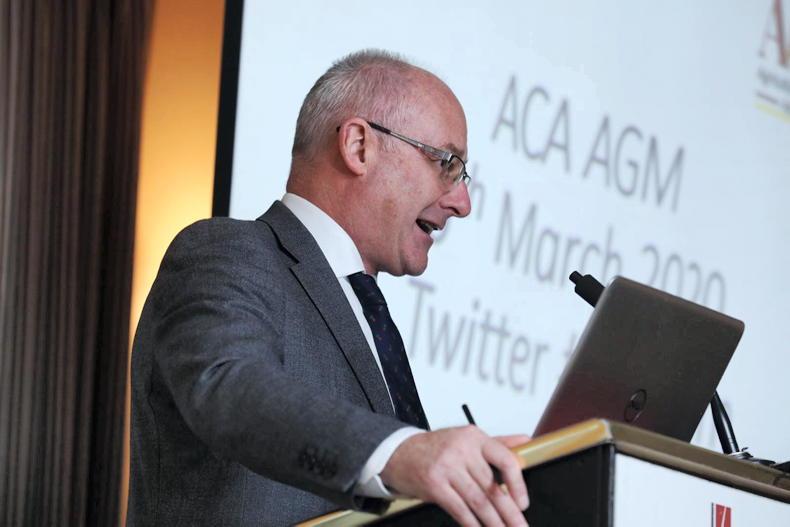

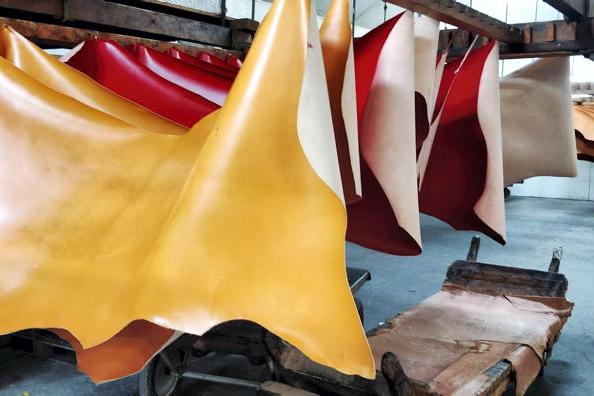
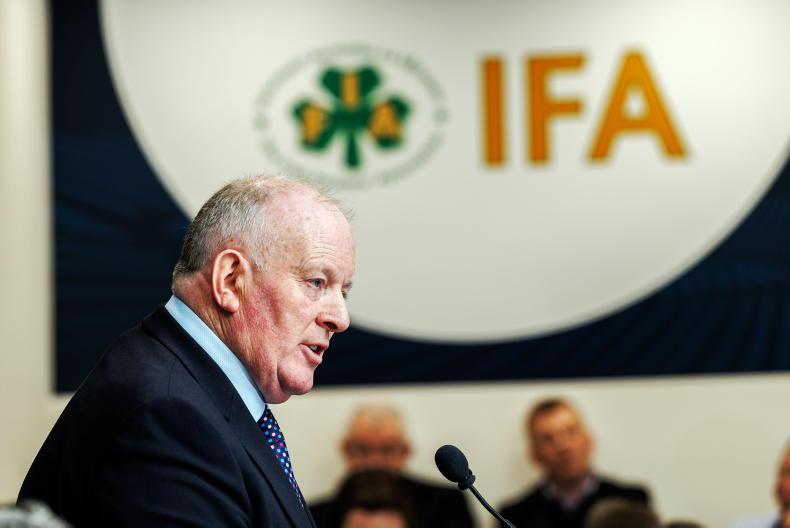
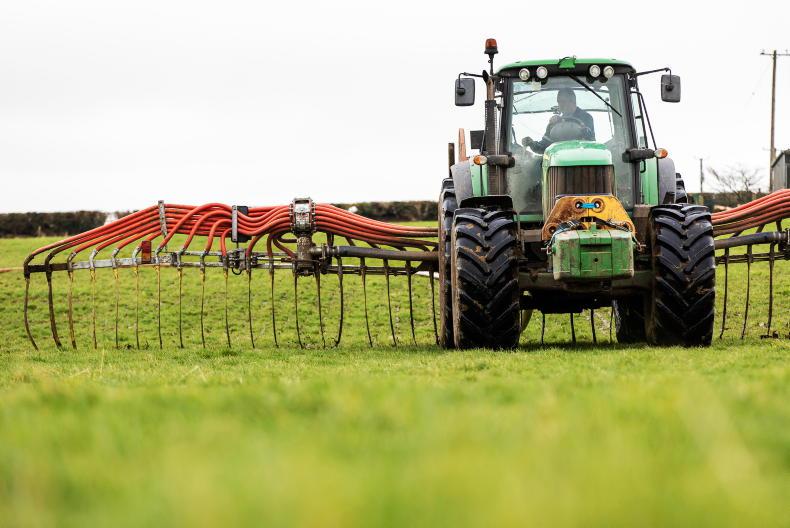
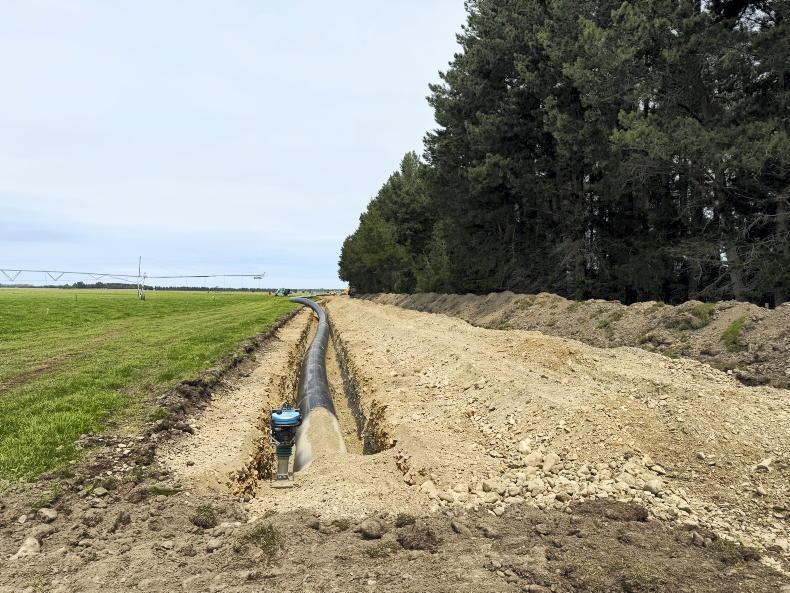
SHARING OPTIONS